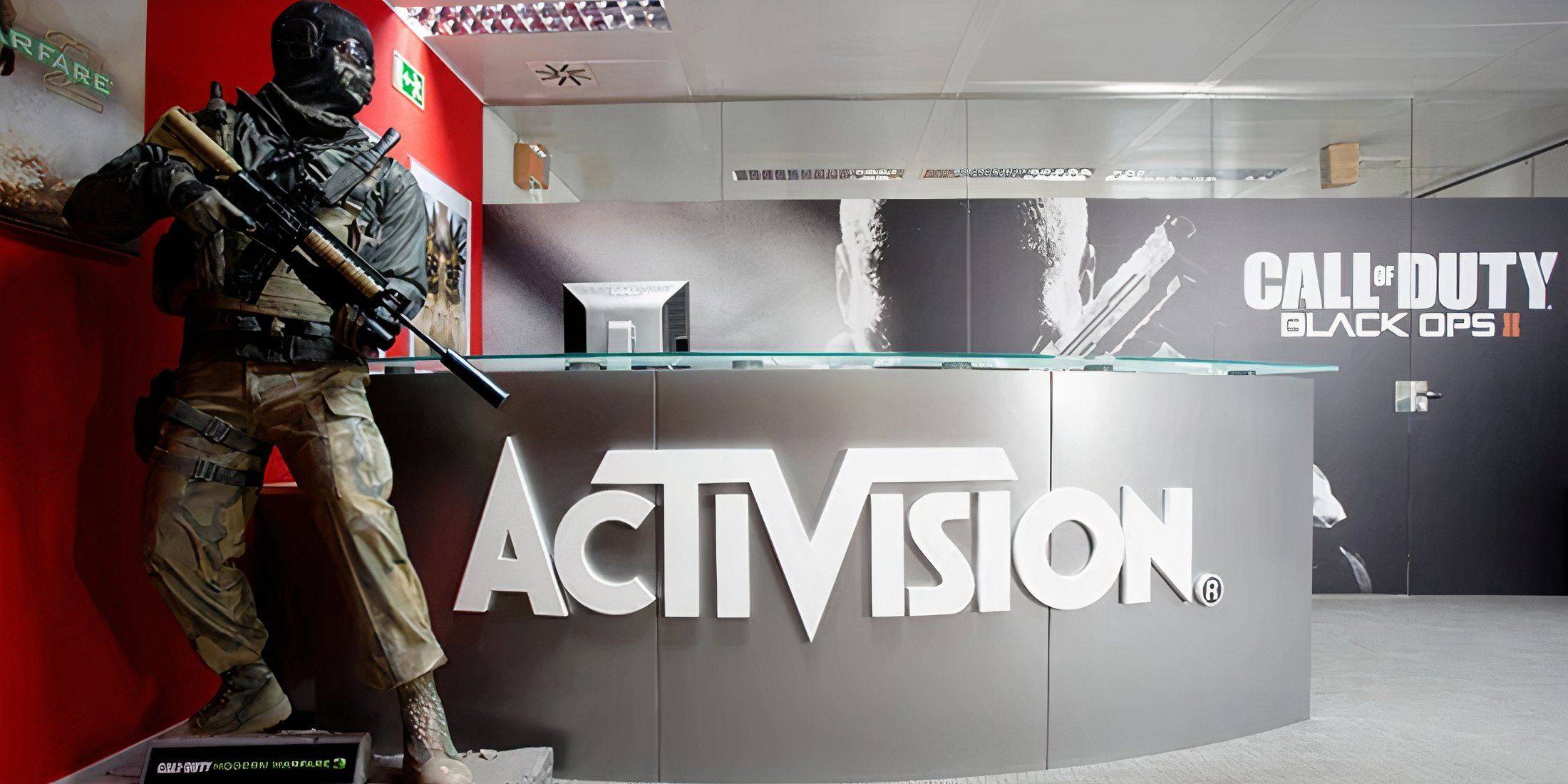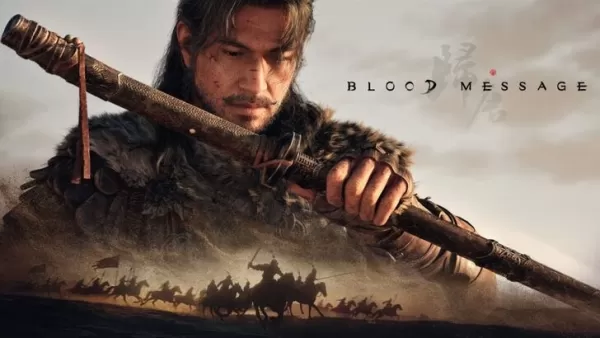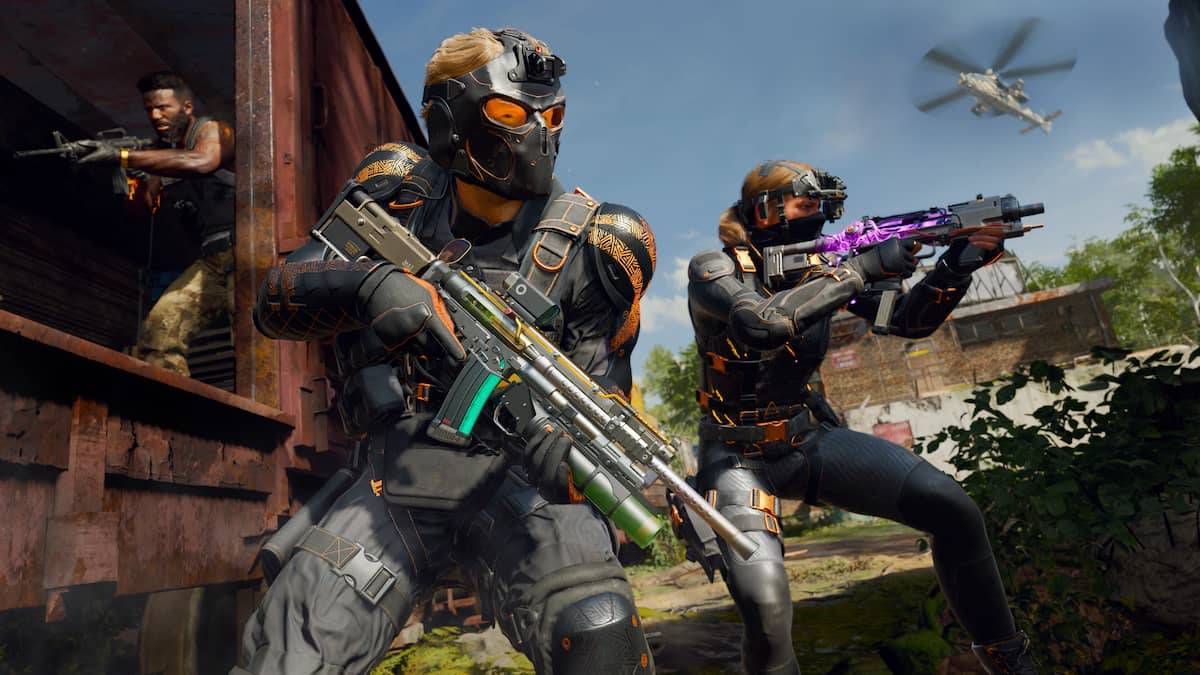
Activision Rebuts Uvalde Lawsuit Claims Against Call of Duty
Activision Blizzard has filed a robust defense against lawsuits filed by Uvalde school shooting victims' families, vehemently denying any link between its Call of Duty franchise and the tragedy. The May 2024 lawsuits contend that the shooter's exposure to Call of Duty's violent content contributed to the horrific events of May 24, 2022, at Robb Elementary School, where 19 children and two teachers were killed, and 17 others injured. The families allege that Activision, alongside Meta (through Instagram), fostered an environment conducive to violent behavior in impressionable youth.
Activision's December filing, a comprehensive 150-page response, rejects all accusations of causality. The company argues the lawsuit lacks merit and seeks dismissal under California's anti-SLAPP (Strategic Lawsuits Against Public Participation) laws, designed to protect free speech. The publisher further contends that Call of Duty, as a form of artistic expression, is shielded by First Amendment rights, directly challenging the plaintiffs' arguments based on the game's purportedly "hyper-realistic content."
Expert Testimony Bolsters Activision's Defense
To strengthen its case, Activision submitted expert declarations. A 35-page statement from Notre Dame professor Matthew Thomas Payne refutes the lawsuit's characterization of Call of Duty as a "training camp for mass shooters," arguing instead that the game's depiction of military conflict aligns with established traditions in war-themed films and television. A separate 38-page declaration from Patrick Kelly, Call of Duty's head of creative, provides detailed insights into the game's development, including the substantial $700 million budget allocated to Call of Duty: Black Ops Cold War.
The Case Proceeds
The Uvalde families have until late February to respond to Activision's extensive filings. The outcome remains uncertain, but this high-profile case underscores the ongoing debate surrounding the potential influence of violent video games in mass shooting incidents. This legal battle adds another layer to the complex discussion surrounding the relationship between media consumption and violent behavior.
 Home
Home  Navigation
Navigation






 Latest Articles
Latest Articles









 Latest Games
Latest Games












